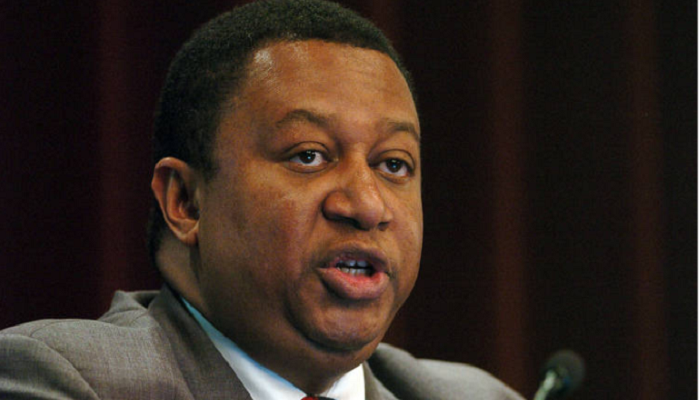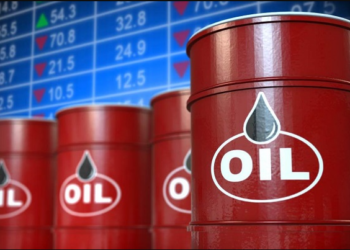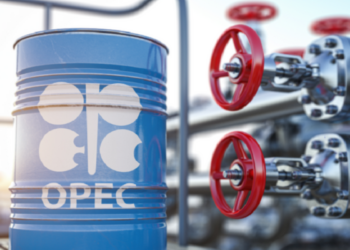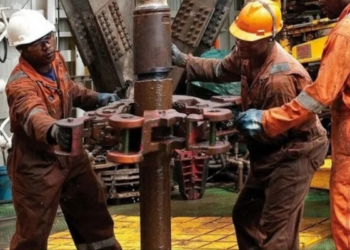The Organization of Petroleum Exporting Countries has revealed that it is impossible for other oil producers to replace Russian supply as that additional capacity does not exist.
This is as delegates from OPEC and its allies (known as OPEC+) say that the group has concluded plans to agree on another minor increase in production targets for June as expected sanctions on Russia will reduce its output as well as concerns over demand growth due to Chinese lockdown.
According to Reuters, this was made known by the Secretary-General of OPEC, Mohammed Barkindo, at a meeting of the OPEC+ Joint Technical Committee (JTC), on Wednesday, May 4, 2022.
What the Secretary-General of OPEC is saying
Barkindo in his speech at the meeting said, “What is clear is that Russia’s oil and other liquids exports of more than 7 million bpd cannot be made up from elsewhere.
“The spare capacity just does not exist.
“However, its potential loss, through either sanctions or voluntary actions, is clearly rippling through energy markets.’’
An internal report from OPEC+ prepared ahead of the JTC meeting says that the group expects supply to exceed demand by 1.9 million bpd in 2022, 600,000 bpd higher than a previous forecast with Organisation for Economic Co-operation and Development (OECD) oil stocks slightly exceeding the 2015-2019 average in the fourth quarter.
The revision reflects a weaker oil demand growth forecast adopted by the Organisation of the Petroleum Exporting Countries (OPEC) in its April oil monthly report.
OPEC now expects 2022 world oil demand to expand by 3.67 million bpd in 2022, down 480,000 bpd from its previous forecast, and Barkindo said the Chinese lockdowns were curbing use of transport fuels and petrochemical feedstock.
The OPEC boss said, “This has affected oil demand, with some suggesting that the country is facing the biggest oil demand shock since early 2020.’’
OPEC+ expects oil production from non-OPEC countries in the alliance to average 18.2 million bpd, a 600,000 bpd downward revision from the previous forecast, partly due lower Russian supplies.
What you should know
- OPEC and its allies led by Russia, collectively known as OPEC+, have been gradually relaxing record output cuts in place since the outbreak of the Covid-19 pandemic in 2020.
- Under a deal reached in July last year, the group is set to increase output targets by 432,000 bpd every month until the end of September, to unwind its remaining production cuts.
- Last month, it agreed to go ahead with the planned output increase for May.
- Major consumers, led by the United States, have been pressing the group to boost output at a faster pace, especially in the face of Western sanctions on Kremlin, which has hit Russian output.
- The group, however, has been struggling to produce at its agreed targets, a trend that is likely to continue.
- The OPEC+ meeting this week comes against the backdrop of a major announcement from the European Union which on Wednesday proposed a phased oil embargo on Russia in its toughest measures yet to punish Moscow for its war in Ukraine.























